


Mpox has the potential to become a significant global health threat if taken too lightly, according to scientists.
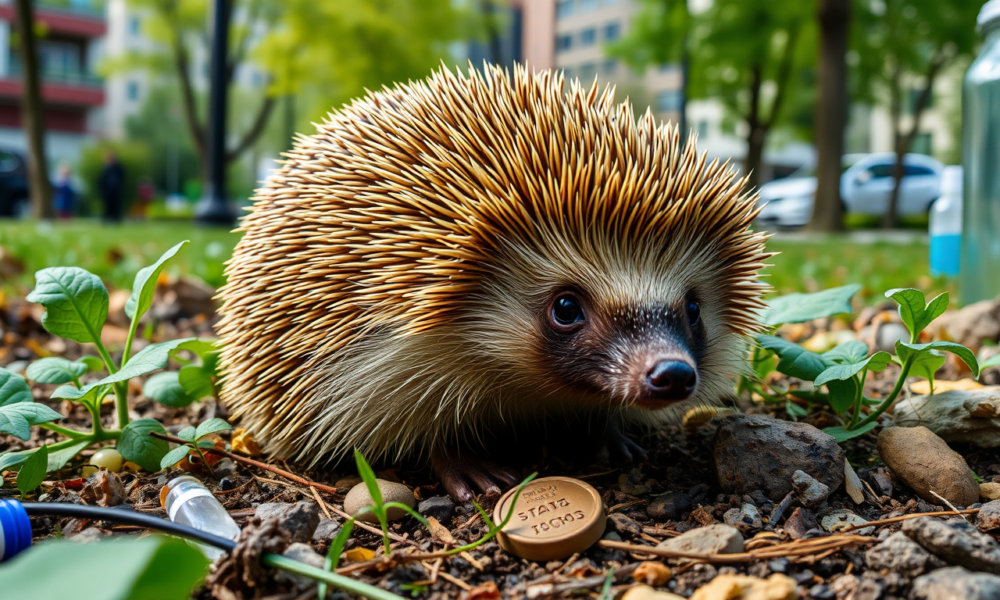
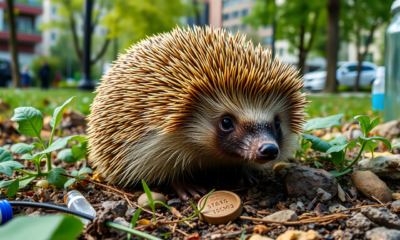

Lead, pesticides, brominated flame retardants, plastic additives, polychlorinated biphenyls (PCBs), and heavy metals. This is what researchers found when they collected dead hedgehogs to investigate the...



In the past, intact forests absorbed 7.8 billion tons of CO2 annually -- about a fifth of all human emissions -- but their carbon storage is...
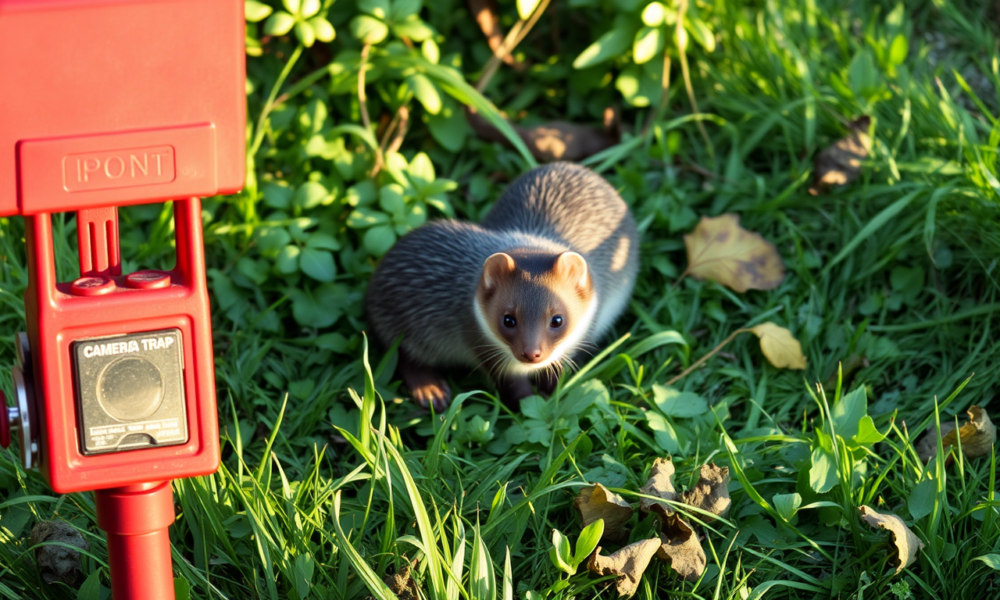
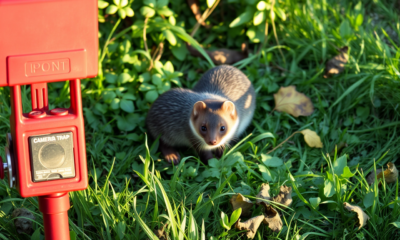

Weasels are often difficult to capture on camera, making it hard for conservationists to track their population numbers. This study aimed to determine the best material...
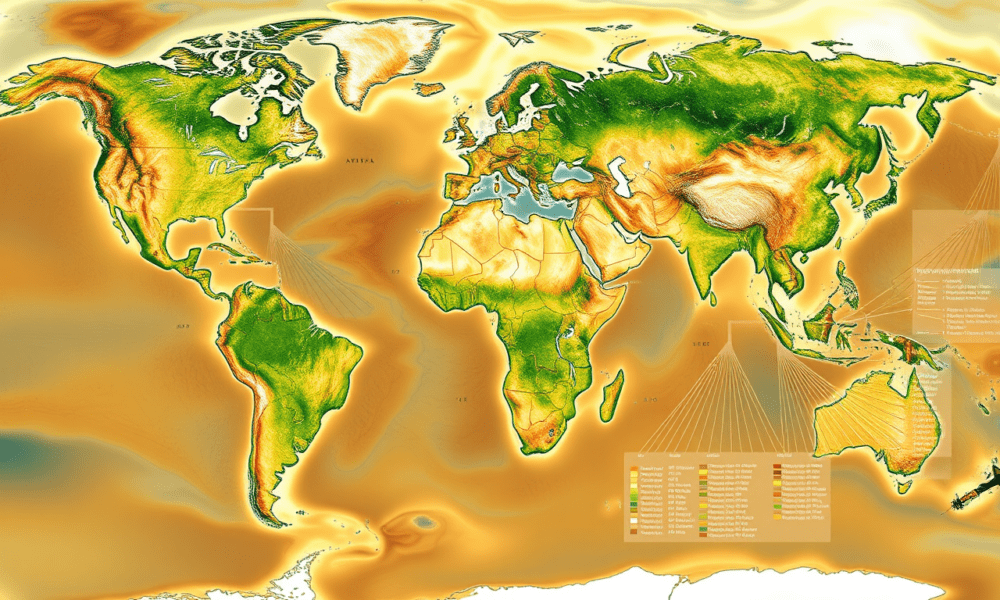


Why do some plants thrive in specific regions but not in others? A study explores the factors shaping plant distributions and how these patterns have changed...
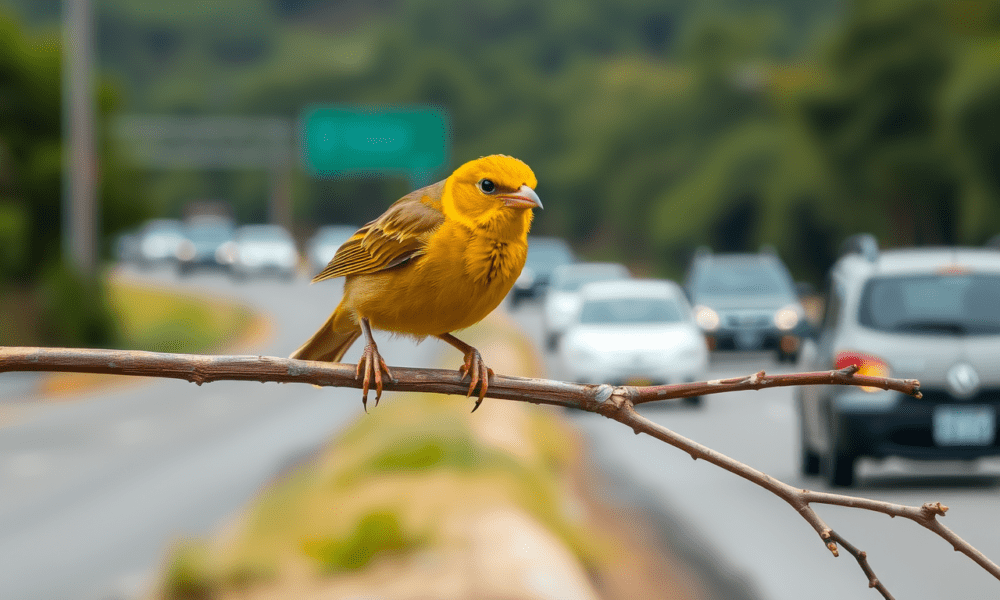
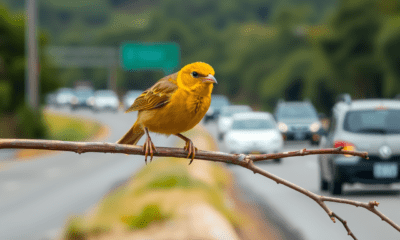

A new study has discovered that birds in the Galapagos Islands are changing their behavior due to traffic noise, with those frequently exposed to vehicles showing...



A researcher has conducted an experimental demonstration of intricate and previously theorized behaviors in the fundamental patterns that govern oscillatory systems in nature and technology.



Researchers measured post-restoration Sphagnum moss layer growth on 18 peatland sites in Finland 10 years after restoration. According to the study, a thick Sphagnum moss layer...



A long-term Switzerland-wide study has found that neighbourhoods with numerous, well-arranged trees exhibit lower mortality risks than other areas. The reasons behind this, and the factors...



According to a predictive model, the microalgae present in peat bogs could offset up to 14% of future CO2 emissions, thanks to their photosynthetic activity. This...